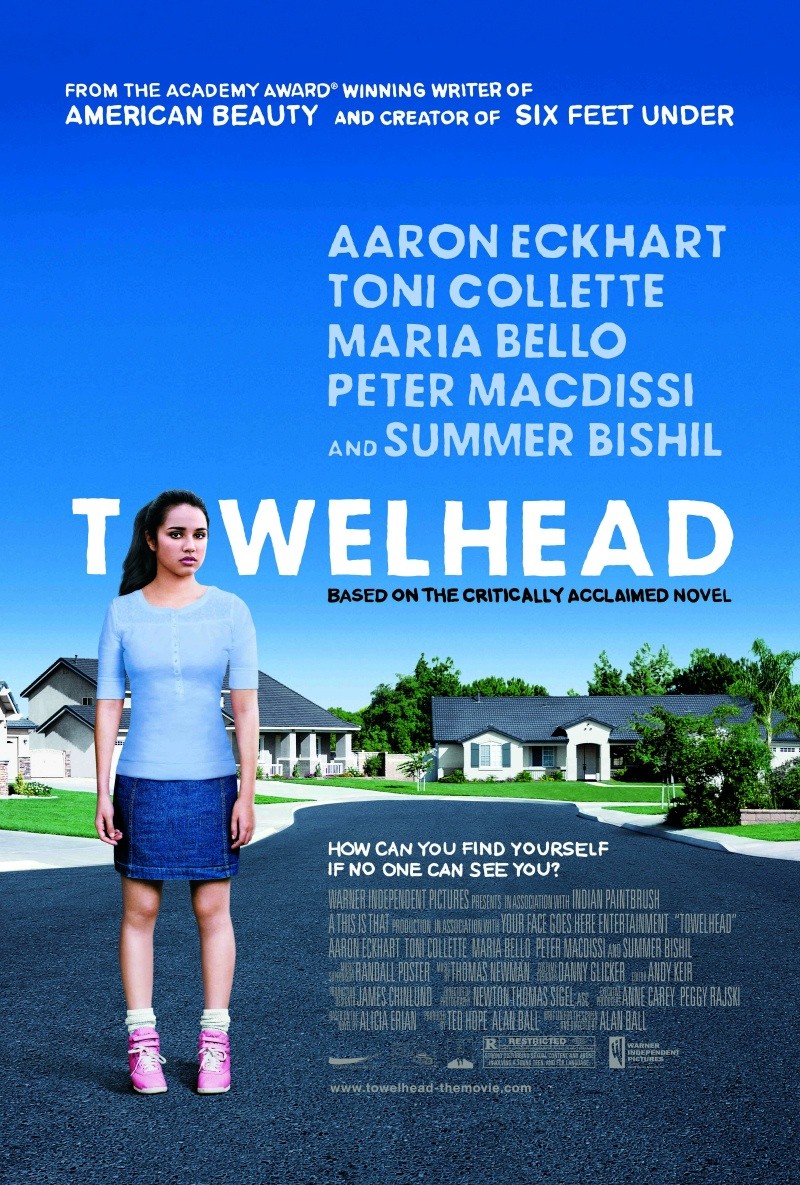As we go to the polls today, honoring our Constitution’s fundamental principles of representative democracy, another key element of Constitutional system of checks and balances is also at work. And it may include consideration of yet another key founding principle of the United States, the right of freedom of speech and the press under the First Amendment of the Bill of Rights.
Today the Supreme Court will hear arguments in the case of Federal Communications Commission v. Fox Television Stations. The FCC, an independent agency of the federal government, will argue that it has the authority to ban “fleeting” expletives after the FCC issued warnings to broadcasters after celebrities used certain terms in live broadcasts.
The case is not strictly speaking a First Amendment case. As legal challenges often do, it relates more specifically to the procedures followed by the FCC in determining their policy on the words at issue. And as always happens with high-profile Supreme Court cases, there have been many filings by “amici” (“friends of the court”) — advocacy groups, television producers, even the pediatrician’s trade association — all expressing their views about who should decide what is appropriate, when they should decide it, and how the decision should be implemented. A group of former FCC Commissioners and staff wrote that while they were “not without sympathy” for the the FCC’s views on obscenity, they were concerned about:
decisions that have transformed a hitherto moderate policy of policing only the most extreme cases of indecent broadcast programming into a campaign of regulatory surveillance that will chill the production of all but the blandest of broadcast programming.
The words at issue raise an interesting problem in the arguments before the Court, where lawsuits are always argued with decorum and formality. According to the Supreme Court blog SCOTUS:
Unless Chief Justice John G. Roberts, Jr., intervenes, some of the argument in the Supreme Court chamber next Tuesday morning may sound at times like a typical conversation in a seventh grade boys’ restroom — the uninhibited use of four-letter words.
And, if Roberts allows it, such a display of blue language will be heard on TV and radio — in the middle part of the day — across America, and may be read the next morning in many newspapers. But, apparently, not in every news outlet.
The Court may very well rule that the FCC may not interfere with the “fleeting” use of these words on the air. And they may do so without using the words themselves, as they did in the famous case where they upheld the use of the f-word in a political protest. They noted that the word could be considered indispensable to make exactly the objection that the protester wanted to without saying what the word was.
According to the book, The Brethren, Burger approached Justice John M. Harlan, the opinion’s author, and said: “John, you’re not going to use ‘that word’ in delivering the opinion are you? It would be the end of the Court if you use it, John.” And Harlan did not. It was included, though, in the Court’s opinion finding that Cohen’s First Amendment rights had been violated. Justice Harlan described Cohen’s message as one involving a “scurrilous epithet,” but he also wrote: “While the particular four-letter word being litigated here is perhaps more distasteful than most others of its genre, it is nevertheless often true that one man’s vulgarity is another’s lyric.”
What should the policy be about the language used on broadcast television? There are no restrictions on the language used on cable programs. The last time the Court ruled on this issue it made a distinction based on the unique availability of broadcast television and radio for children. But in a world of internet, podcasts, and DVDs (not to mention schoolyards, shopping malls, and newspaper articles), that distinction no longer applies. I look forward to reports on the arguments and to the Court’s decision.

